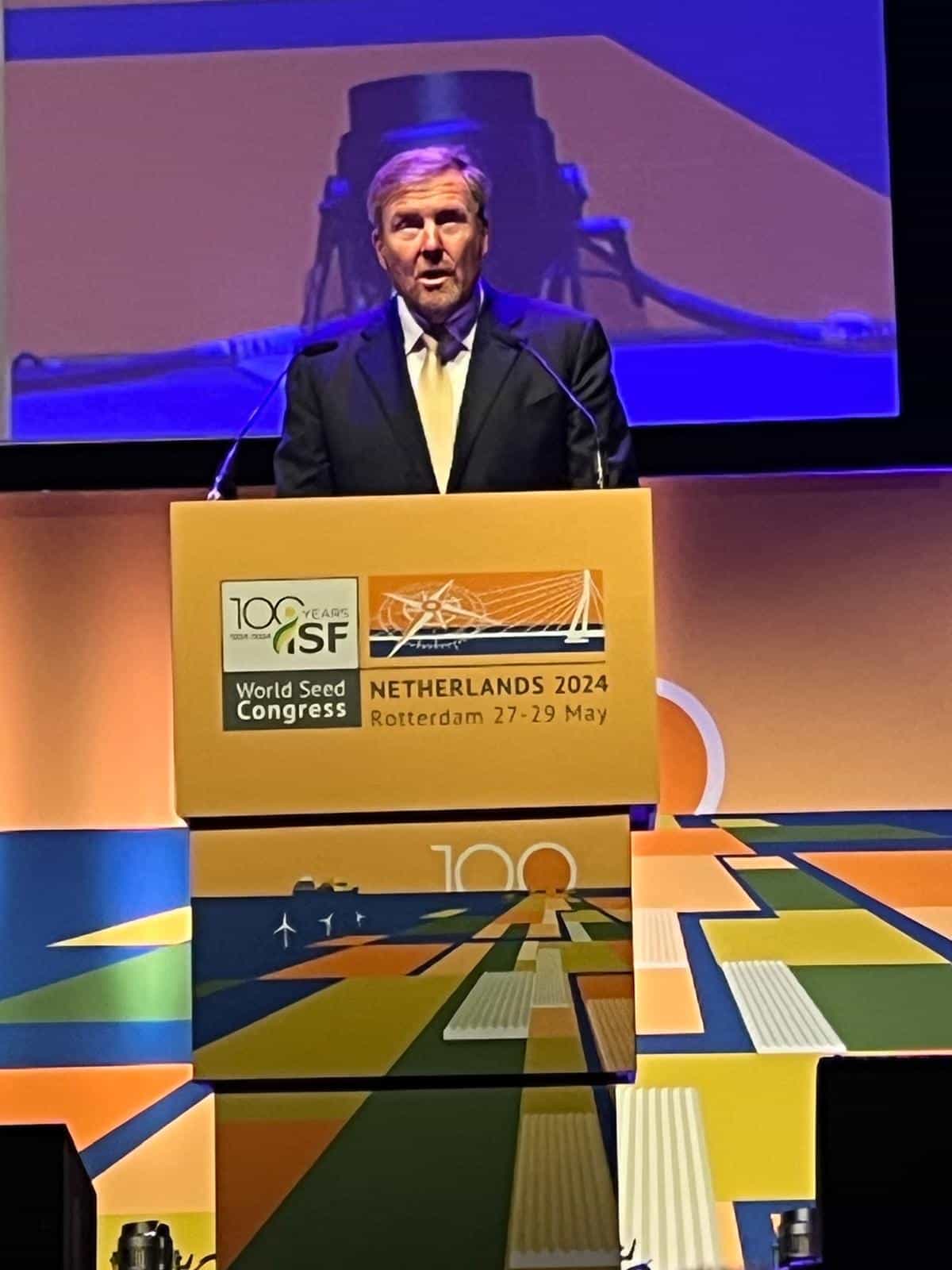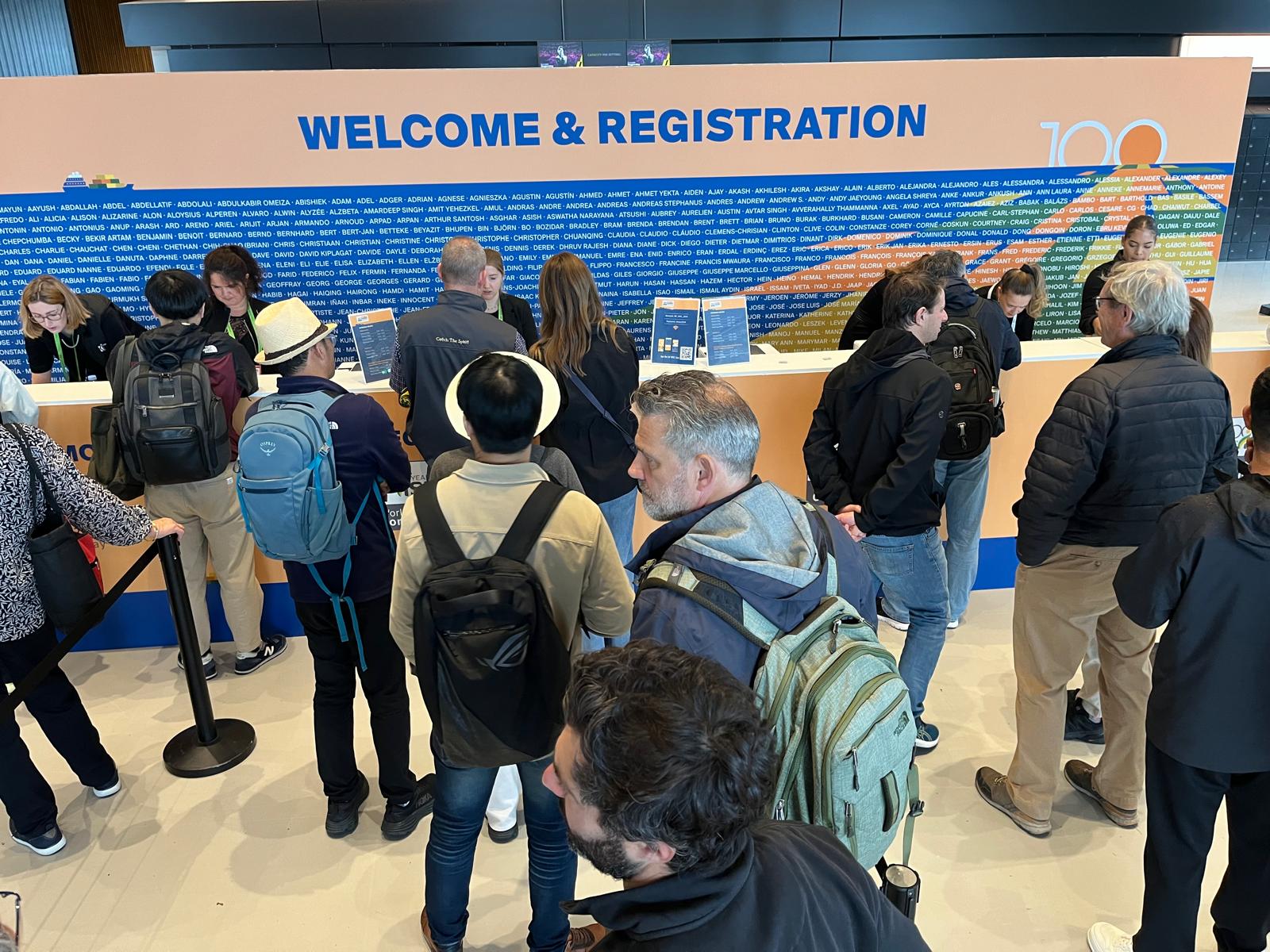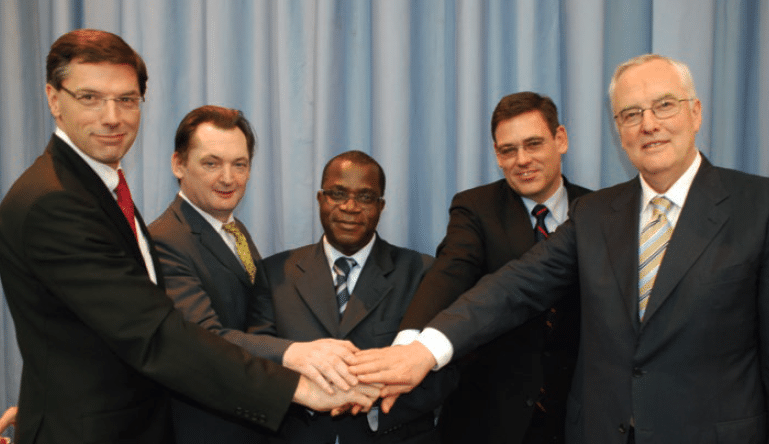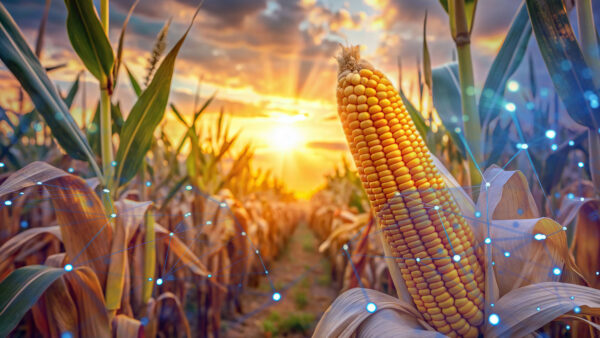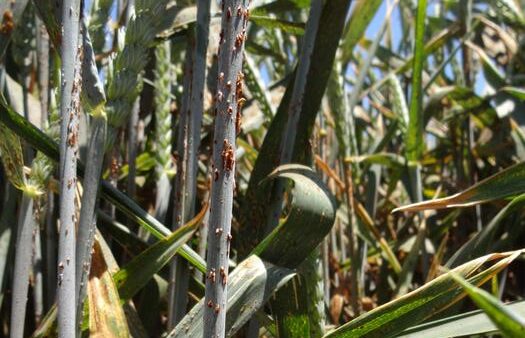His Majesty King Willem-Alexander of the Netherlands officially opened the centennial World Seed Congress in Rotterdam with a personal and generous welcome to the 1,800 seed sector delegates from 76 countries attending the congress.
The King toured the congress venue and met with representatives from a youth delegation from the seed and agriculture sector, as well as national seed associations.
The 2024 ISF World Seed Congress, which is hosted by the International Seed Federation and Dutch seed association Plantum, aims to unite the global seed value chain from research and development to seed testing, production and distribution. This year’s theme, in keeping with the event’s centennial celebration, is “Navigating into the next century.”
Beth Bechdol, Deputy Director General at the Food and Agriculture Organization of the United Nations (FAO), also spoke at the opening ceremony, recognizing the private seed sector’s efforts to engage both with multilateral organizations like the UN and the public sector to give access to high-quality seeds to farmers across the world.
“I would go as far as to say that – seed security is food security. Seeds are central to FAO’s commitment to help countries transform their agrifood systems. They enable farmers to grow food where it is needed most, re-start food production and pave the way for self-sufficiency,” said Bechdol.
The seed sector will unite again at the UN’s Summit of the Future to support its landmark Seed Declaration, which was endorsed by 200 signatories ahead of the UN Food Systems Summit in 2021.
“This year is not only the centenary year for ISF but also a pivotal year for global food systems, in which seeds are the very starting point,” said Michael Keller, ISF Secretary General.
“Now is the time to build bridges on the ground. The private seed sector is a solution provider, an employer, and a partner at local, national and international levels. We are uniquely positioned to support the sustainable transformation of food systems. Quality seeds provide climate resilience, higher yields and improved nutrition, all of which are critical to delivering the UN’s Sustainable Development Goals for ending poverty, hunger and climate vulnerability,” Keller added.
The three-day World Seed Congress is set to feature multiple plenary sessions, including sessions addressing the seed sector’s position critical position in today and tomorrow’s global political and economic order, and opportunities to accelerate seed innovation.
“Today, plant breeders leverage cutting-edge tools, including AI, to enhance plant characteristics, creating varieties that are even more resilient, productive, and adaptable to evolving environmental challenges,” said Marco van Leeuwen, President of the International Seed Federation (ISF) and Managing Director of Dutch seed company Rijk Zwaan, in his opening remarks.
“However, whatever technology comes, it will not work without the thousands of breeding and seed companies, hundreds of thousands of seedsmen and -women who are already for centuries dedicated to plant breeding, seed production, trade and marketing. Supplying farmers worldwide with the best quality seed of their choice, these companies have contributed to feed the world and will be ready for the challenges ahead.”
The World Seed Congress is the first of several events planned to mark the ISF’s centenary. A second celebration will follow alongside the International Seed Testing Association (ISTA) Annual Meeting in July.
The World Seed Congress in Rotterdam is co-hosted by the International Seed Federation and Dutch seed association Plantum.
“We are proud to share in this special occasion with ISF to co-host the centennial World Seed Congress,” said Niels Louwaars, Managing Director of Plantum.
The Netherlands is among the world’s leading exporters of vegetable seeds and planting material. Last year, the sector was valued at $5.43 billion.
“The Netherlands is a natural home of the seed sector,” Louwaars added. “Its globally traded innovation embedded in seeds contributes significantly to a number of Sustainable Development Goals. We are excited to build further on this into the future and drive forward a more productive and robust food system.”


